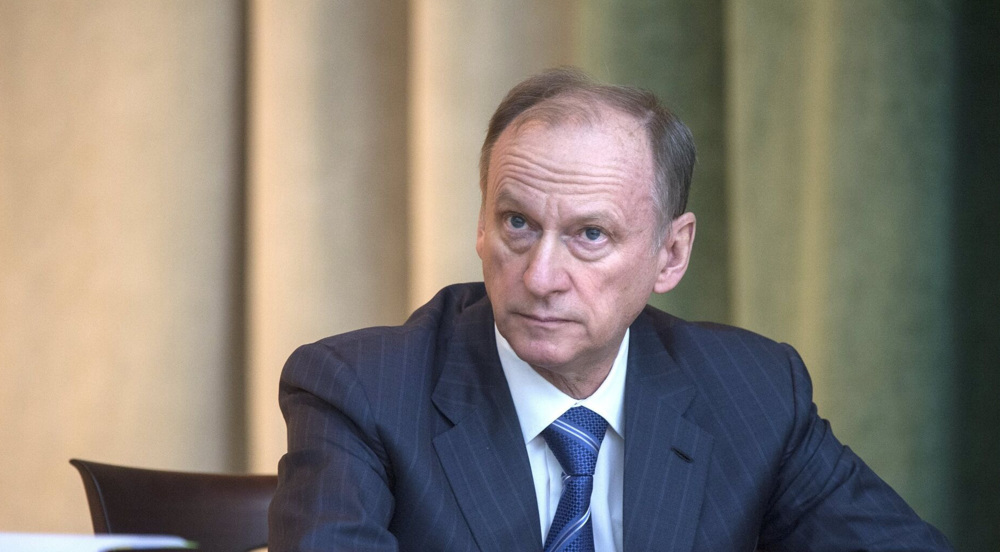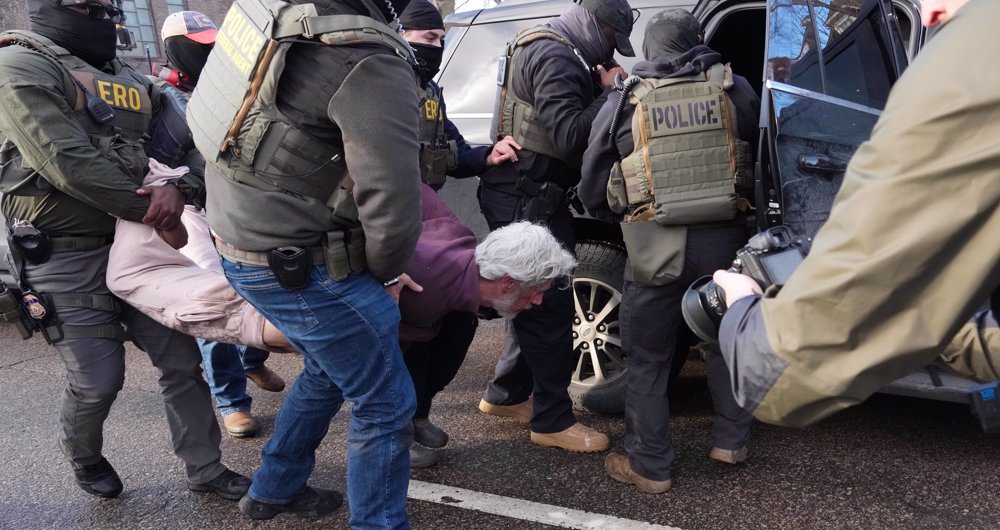France, Germany, UK criticize US for ending Iran nuclear waivers
France, Germany and Britain have censured the United States for ending the last remaining sanctions waivers in a 2015 nuclear deal signed between Iran and the world powers, known as the Joint Comprehensive Plan of Action (JCPOA).
The sanctions waivers, which covered important Iran nuclear deal projects, allowed Russian, Chinese and European companies to continue their work at Iranian nuclear facilities including the heavy water reactor in Arak, the Fordow enrichment facility, the Bushehr nuclear power plant and the Tehran research reactor.
"We deeply regret the US decision to end the three waivers," the three European countries said in a joint statement on Saturday.
"These projects, endorsed by UN Security Council Resolution 2231, serve the non-proliferation interests of all and provide the international community with assurances of the exclusively peaceful and safe nature of Iranian nuclear activities."
On Wednesday, hawkish US Secretary of State Mike Pompeo announced that Washington had ended the last remaining sanctions waivers in the JCPOA, as part of the Trump administration’s brutal campaign against Iran.
“Today, I am ending the sanctions waiver for JCPOA-related projects in Iran, effective in 60 days,” Pompeo wrote on Twitter.
Pompeo, however, provided a separate waiver for the Bushehr nuclear power plant “to ensure safety of operations” for the next 90 days.
Russia and China, which are both signatories to the nuclear deal, have already blasted the United States for its decision.
In May 2018, US President Donald Trump took an illegal and unilateral decision to end Washington’s participation in the nuclear deal and re-impose the sanctions that the agreement had lifted, in defiance of the fact that the accord has been endorsed by the UN Security Council in the form of Resolution 2231.
Ever since, the US has renewed the waivers every 60 days, with the last one on March 30.
Tehran maintains that its nuclear program is merely peaceful as also asserted by other signatories of the JCPOA.
Ever since withdrawing from the agreement, Washington has launched a so-called maximum pressure campaign against Tehran, seeking to pressure it with a growing list of widespread sanctions targeting the Islamic Republic.
The European partners to the deal -- the UK, France, and Germany -- have already knuckled under Washington’s pressure by ending their trade with the Islamic Republic for fear of facing the American punitive measures.
The United States also intends to have the UN extend an arms embargo against Iran, which is set to expire in October in line with the JCPOA.
The US attempt to extend the arms embargo violates UN Security Council Resolution 2231, which has endorsed the nuclear agreement, also backed by Britain, Germany, China, Russia and France.
IRGC intel. chief: Enemies devised 7-stage plot for recent riots
Israeli minister calls to 'encourage' Palestinian exodus
VIDEO | Press TV's news headlines
VIDEO | Near breakdown: Generators in Gaza’s main hospitals
Israel razes apartments in West Bank, displaces over 40 Palestinians
Russia slams US, Israel over 'destructive policies,' warns strike on Iran could ignite region
UK drops aggravated burglary charges against 18 Palestine Action activists
VIDEO | Palestinian athlete and daughter hope to return to the track despite amputation











 This makes it easy to access the Press TV website
This makes it easy to access the Press TV website